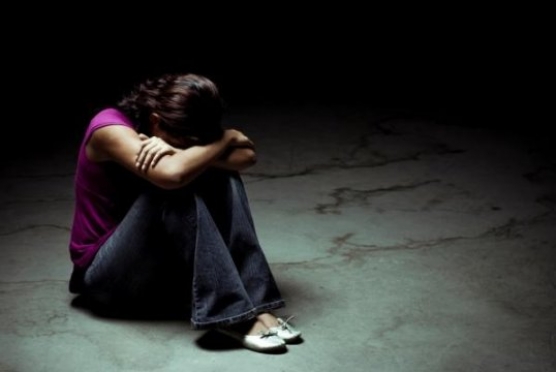
Bipolar disorder is the medical term for extreme depression and mood swings that are abnormal or too frequent. The mood swings may go from depression to mania, where the symptoms may border on suicidal behaviour, and other such dangerous tendencies. Find out more about Bipolar Disorder with this article.
Main Symptoms:
The major symptoms of Bipolar Disorder are mania (or hypomania) and depression. The patient may swing between these two states on a sudden basis. The dramatic mood swings do not have a set routine or pattern and can strike at any given time. The patient may be in a certain kind of state for a prolonged period like many weeks and months, or can even be in a certain state for a matter of days, before the next mood strikes. While mania (or hypomania) is a very severe outcome of Bipolar Disorder, many people do not recognise it as a problem until it gets out of hand. This state can actually make a person feel high on energy where the patient may also achieve alltime highs in terms of productivity and a sense of wellbeing. Patient talk excessively, increase activity and will do excessive work without tiredness. This state can switch to a state of depression and hopelessness within a matter of days or weeks and can turn into depression.
Types:
Bipolar Disorder can be categorised into many types, depending on the level and severity of the mood swings. To begin with, Bipolar Disorder I has full blown cycles of ups and downs in the mood of the patient. The up mood never really manifests into full-fledged mania. This is a more mild form of the disease, and the symptoms are often missed. Rapid Cycling is another formof Bipolar Disease where a patient may experience at least four or even more episodes of major mood swings within a period of 12 months. Further, Mixed Bipolar is a form of the disease where the depression and elevation may come together or in rapid succession of each other. Cyclothymia is another mild form of this mood disorder and comes with subtle changes in one's mood.
Diagnosis and Treatment:
While the diagnosis is done by a psychiatrist or clinical psychologist with the help of an examination of the symptoms, the treatment includes medication and long term counselling. The medicines and therapy aim at making the mind more stable with psychotherapy. Drugs like lithium or benzodiazepine can also be prescribed to control sleeplessness and hyperactivity as well as hostility and suicidal tendencies.
Talking and discussing things are the foremost methods used by psychiatrists when it comes to treating this disease. Persistent mood alterations must be run past a specialist in the field.
If you wish to discuss about any specific problem, you can consult our Psychiatrist, Dr. Sachin Kumar.
For appointment visit www.metrohospitalfaridabad.com or Call - 9560160808, 9560180081
Metro Hospital, Faridabad